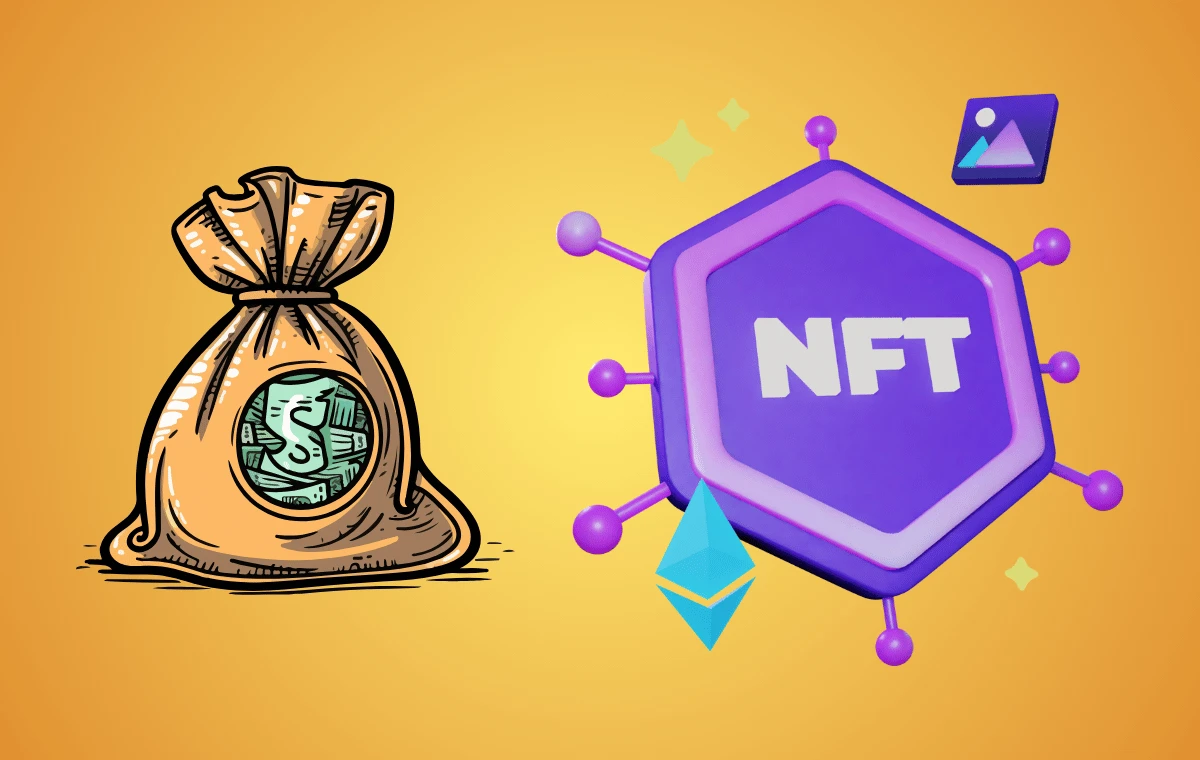How can you diversify your portfolio beyond stocks and mutual funds? Have you heard about Futures and options? They are two types of contracts that allow you to speculate on the future price movements of various assets, such as stocks, indices, commodities, currencies, and more. They also enable you to protect your investments from adverse price fluctuations by locking in a predetermined price and date for buying or selling the underlying asset. But what are the key differences between futures and options, and which one should you choose?
Let us take a look!
Understanding Futures and Options
Futures and options are two types of financial derivatives. They allow investors to trade an underlying asset at a predetermined price & date in the future.
Before we jump to the difference between futures and options, you need to know these basics.
What is a Futures Contract?
A futures contract is like making a deal to buy something in the future at a price agreed upon today.
Imagine you’re a farmer, and you want to sell your crop when it’s ready.
But you’re worried the price might drop by harvest time.
So, you make a futures contract with a buyer.
You agree to sell, let’s say, 100 bushels (units) of corn to the buyer for ₹500 each when the corn is ready for harvest in three months.
This contract locks in the price, so even if the market price drops later, you’ll still sell your corn for ₹500 per bushel.
Conversely, if the market price rises, you’re still bound to sell at ₹500 per bushel, missing out on potential profit.
That’s the basic idea behind a futures contract.
- In the Indian market, futures are standardised contracts traded on NSE- National Stock Exchange / BSE- Bombay Stock Exchange.
- When you purchase a futures contract, you are bound to buy the underlying asset at the agreed-upon price at the expiration date.
- Similarly, when you sell a futures contract, you are obligated to sell the asset at the agreed-upon price.
Futures contracts have an unlimited profit potential but also carry unlimited risk, as you are required to fulfil the contract regardless of the market price at expiration.
What is an Options Contract
An options contract offers the holder the right but not the obligation. You can purchase (call option) or sell (put option) an underlying asset at a predetermined price (strike price) within a specified period.
- You pay a premium for the right to buy/ sell at the strike price before the expiration date when you purchase an options contract.
However, you are not obligated to exercise this right if it is not profitable.
- Options provide more flexibility and limited risk compared to futures.
Your possible loss is only limited to the premium paid for the option contract.
Types of Options Contracts
- Call Option
A call option gives the buyer the right, but not the commitment, to buy the underlying asset at a predetermined price (strike price) within a defined period (until expiration).
- For example, if you buy a call option for shares of ABC company with a strike price of ₹50, you have the right to purchase those shares at ₹50 each, regardless of whether the market price goes up to ₹60 or ₹100 per share.
- Put Option
A put option gives the buyer the right, but not the duty, to sell the underlying asset at a predetermined price (strike price) within a defined period (until expiration).
- For example, if you buy a put option for shares of XYZ company with a strike price of ₹80, you have the right to sell those shares at ₹80 each, regardless of whether the market price drops to ₹70 or ₹50 per share.
Now, let’s look at the difference between call and put options.
Difference Between Call and Put Options
Here are the basic differences between call and put options in trading.








